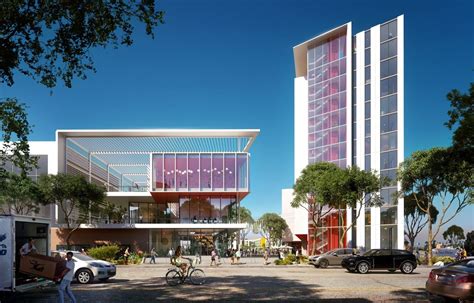Navigating the University of California, San Diego (UCSD) housing contract can be a daunting task, especially for first-time students. This comprehensive guide aims to demystify the process, providing you with all the essential information you need to make informed decisions.

Understanding the Different Housing Options
UCSD offers a diverse range of on-campus housing options to cater to the unique needs of students. The three primary options include:
University-Operated Housing
Managed by the University Housing Services, these dorms offer a traditional college living experience with shared amenities and close proximity to campus facilities.
Campus Affiliated Housing
These apartments or houses are owned and operated by private companies but are affiliated with UCSD. They provide a more independent living environment while still offering access to campus amenities.
Off-Campus Housing
Students may also choose to live off-campus in apartments, houses, or private rentals. This option offers greater flexibility and privacy, but requires more responsibility and transportation.
Key Terms and Clauses in the Housing Contract
Before signing the housing contract, it’s imperative to carefully review and understand its contents. Here are some key terms and clauses to pay attention to:
Contract Period
The housing contract typically covers a period of one academic year, typically from September to June.
Rent and Fees
The contract should clearly outline the monthly rent, as well as any additional fees such as utilities, parking, or internet.
Room and Board
For university-operated housing, the contract will specify the type of room (single, double, etc.) and whether or not a meal plan is included.
Subletting
The contract may include provisions for subletting or sharing the room with another person. It’s important to understand the university’s policies regarding subletting.
Cancellation Policy
The contract will detail the conditions under which students may cancel the contract, such as academic withdrawal or extenuating circumstances.
Common Mistakes to Avoid
To ensure a smooth and hassle-free housing experience, avoid these common mistakes:
Not Reading the Contract Thoroughly
Failing to carefully review the contract can lead to misunderstandings or unexpected expenses.
Not Understanding the Cancellation Policy
Students may incur financial penalties if they cancel the contract without meeting the specified conditions.
Subletting Without Permission
Unauthorized subletting can violate the housing contract and result in disciplinary action.
Not Reporting Maintenance Issues
Timely reporting of maintenance issues helps prevent major problems and ensures a safe and comfortable living environment.
Effective Strategies for Negotiating
While most UCSD housing contracts are non-negotiable, there are some strategies you can employ to improve your chances of getting what you want:
Contact Housing Services Early
Express your preferences and request specific accommodations as soon as possible.
Be Flexible
Be willing to consider different housing options and be open to compromises.
Present a Compelling Case
If you have specific needs or circumstances, provide documentation and clearly explain why your request should be granted.
Comparing Pros and Cons
To help you make an informed decision, here is a table comparing the pros and cons of different housing options:
| Housing Option | Pros | Cons |
|---|---|---|
| University-Operated Housing | Convenient location, shared amenities, social environment | Limited privacy, shared spaces |
| Campus Affiliated Housing | More independence, private amenities, access to campus | Higher cost, fewer amenities than on-campus housing |
| Off-Campus Housing | Complete independence, privacy, flexibility | Transportation costs, more responsibility, fewer campus amenities |
Conclusion
Navigating the UCSD housing contract can be a complex process, but by following the tips and information outlined in this guide, you can make informed decisions and ensure a positive housing experience. Remember to read the contract thoroughly, understand your rights and responsibilities, avoid common mistakes, and explore different housing options to find the best fit for your needs.












